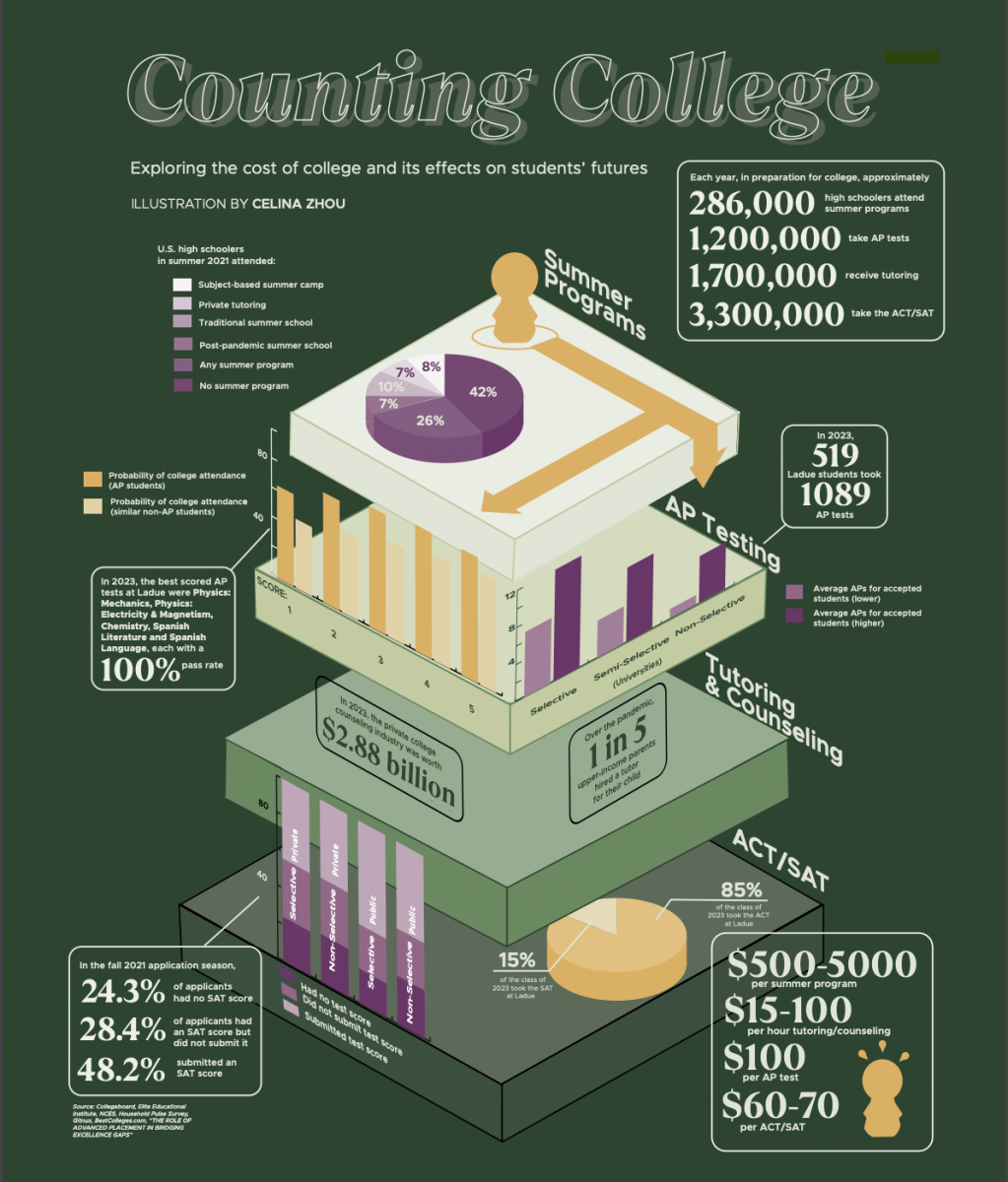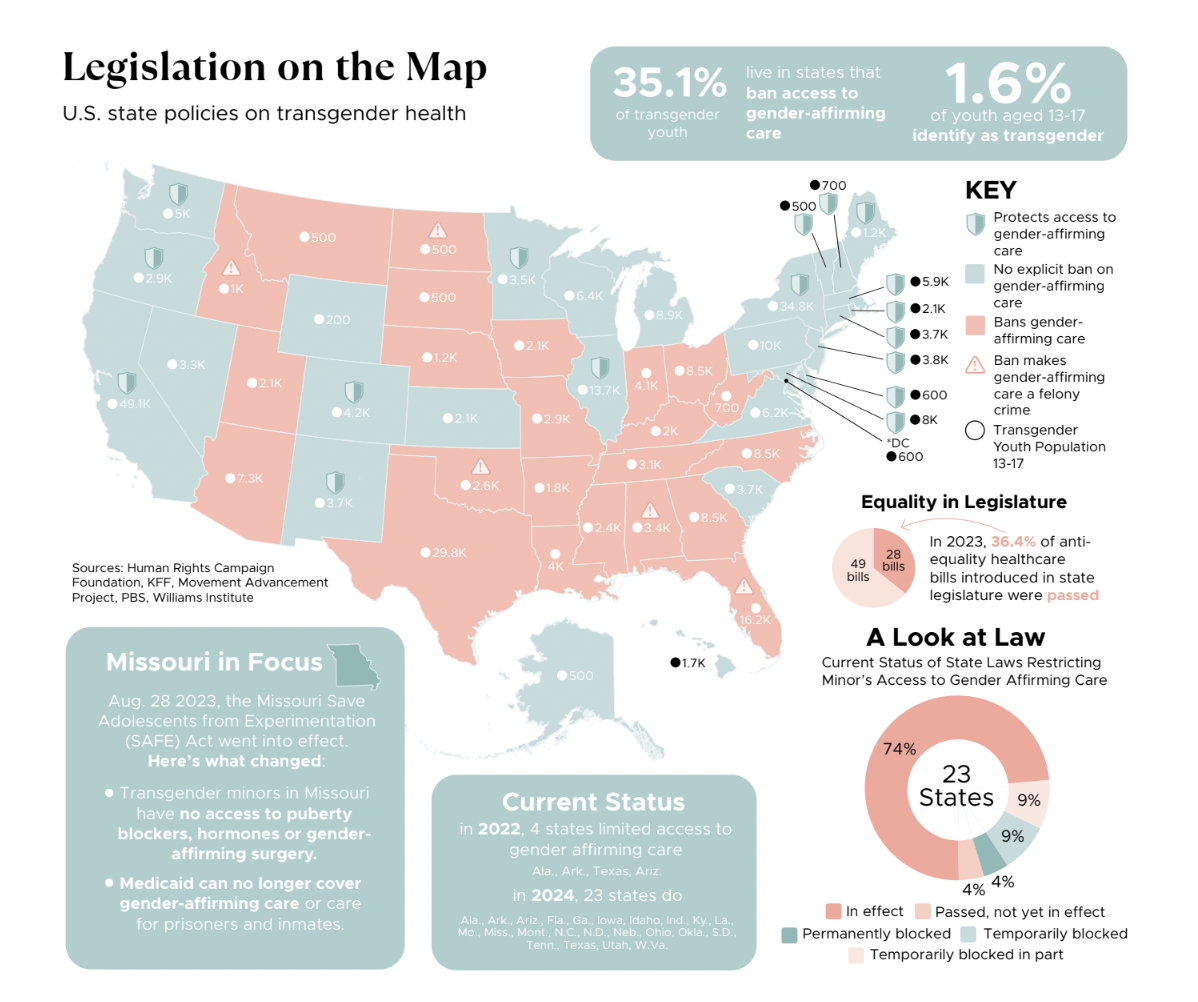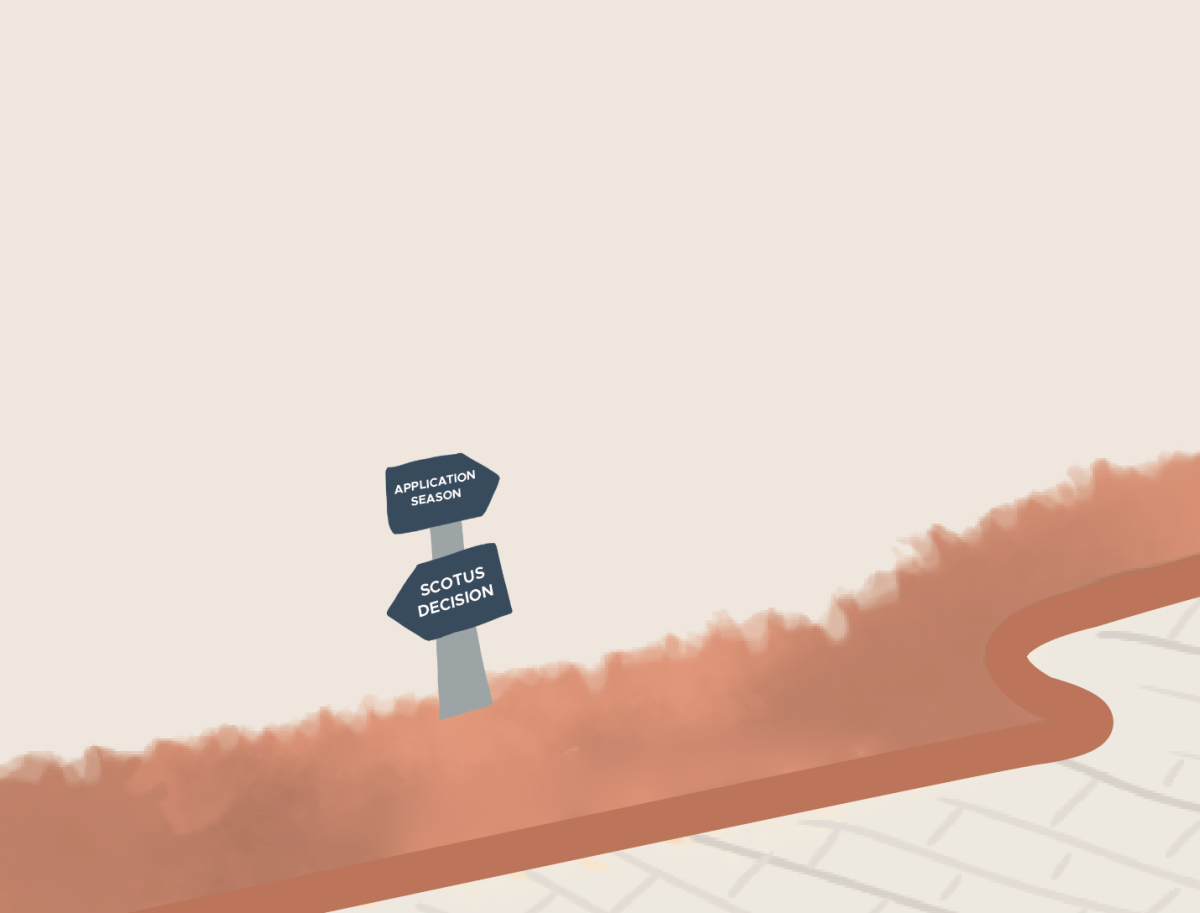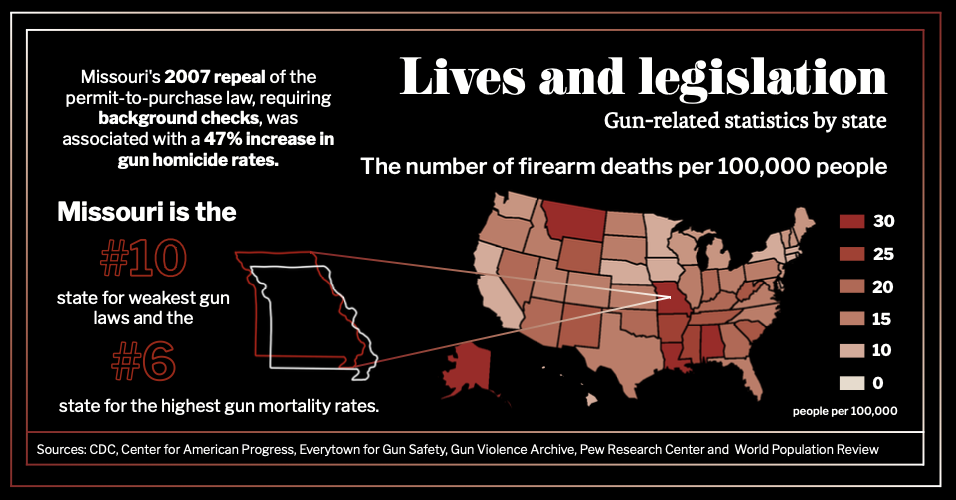While walking through colorful aisles at the local grocery store, brightly packaged food jumps out from behind every corner. Labels, preaching “all-natural” in verdant green, populate the produce aisles. Inevitably, a choice arises. Which of the 12 different brands of beef should you buy? Does it even matter? While it may come as a surprise, the continued demand and production of industries such as cattle has created detrimental consequences for the environment.
Industry Issue
Since 11,000 B.C.E., humans have relied on the cultivation of crops and the ownership of domesticated animals as their primary sources of food. As humans adapted to an evolving world, our utilization of agricultural commodities continued. However, the manner in which we’ve pursued those commodities have been modified to fit with the times. Nicki Morgan, Community Outreach Coordinator for Known & Grown STL, has promoted adaptable food communities since the organization’s establishment in 2019. She discusses the environmental impacts of modern food production.
“The systems that we have in place now are causing more harm than good,” Morgan said. “[These systems] are directly impacting climate change and that is impacting human civilization through more intense climate events that also threaten the food supply, that threaten our environment [and] that threaten our homes.”
On both local and global scales of food production there are many aspects that the public isn’t aware of. Corporations that sell commodities with two or more ingredients are required to list their ingredients on the product, but often conceal where they are sourced. When it comes to the food industry, Sustainable Investigations teacher Kelley Krejnik recognizes the faults in labels.
“We do not have very clear regulations, even on things that say all-natural or organic,” Krejnik said. “There aren’t very strict regulations or monitoring of what that actually means. So, a consumer’s perception of the impact of what they’re buying and what the seller has actually [done in producing it] might be completely different.”
This isn’t the only example of loopholes that corporations use for their labels. Ambiguity can also create another issue: the act of greenwashing.
“Greenwashing is intentionally misleading marketing that companies will use to make you think that you’re buying a product that is more sustainable, more environmentally sound, when it isn’t necessarily,” Morgan said. “Greenwashing uses words like ‘natural’ or particular colors, often green, to manipulate consumers. The best way to combat this is to avoid marketing with words that have no meaning or proof to them.”
More than 70% of the food that we consume is altered so that it is no longer in its natural state. These products, known as processed foods, are manufactured in a way that causes various dangerous situations in agriculture. These situations affect both farmers and the commercial livestock that they raise.
“There’s a number of [processing] companies that employ farmers that are raising animals that go to these processors,” Morgan said. “The farmers don’t own those animals, larger corporations own them. These farmers are regularly squeezed by these companies. They’re put in a tight place, and they don’t really have a lot of options. They’re at the mercy of these big corporations. Often their livestock isn’t treated humanely by big companies, but [the farmers] don’t have the power to do anything within the systems that exist because of the monopolies within the agricultural world.”
Cultivating Consequences
The continued reliance on harmful products has had critical impacts on both our planet’s environment and its people.
“[Food sustainability] affects you whether you believe it or not,” Morgan said. “It’s going to affect everything around us. So many of our most prevalent diseases today are directly correlated to our food system, our diets and the food that we tend to eat every day. We as a society are becoming sicker and sicker, which means we rely more and more on health care systems that aren’t really addressing those issues, and that also are controlled in some ways by the same companies that produced the chemicals that caused the environmental degradation and the poor health outcomes to begin with.”
Human impact goes further than simple pollution; our exploitation of natural and nutritional resources is the root of vast ecological issues. Senior Eva Busker, head of communications for SAGE, reflects on other causes for environmental destruction.
“One of the biggest environmental impacts is the cattle industry,” Busker said. “The way that we mass produce red meat is surprisingly really, really bad. It produces a lot of methane gas [and] carbon emissions.”
Methane gas and other carbon emissions are the primary components of greenhouse gasses. They get caught in the Earth’s atmosphere, trapping the sun’s heat and contributing to global warming.
“Global warming is just about on its way to being the biggest international issue of the next few decades,” Busker said. “Even if we stopped gas emissions today it would still be too late to prevent the collapse of many of our current ecosystems and even human societies.”
As a result of the way food is produced, our terrestrial environment is taking a major toll, but the marine environment has been affected similarly.
“We have the land to produce food, we just choose to use a lot of it to produce other things,” Morgan said. “That type of production creates a lot of environmental contamination, either through excess nutrients, which can have devastating impacts on aquatic life or the health impacts of using various chemicals have been shown to have a negative health impact on humans.”
The environment includes us, and though people are the perpetrators, we are also the victims. Anything we do to the environment comes back to harm us.
“The way we farm affects human health on a number of levels,” Morgan said. “Whether it is through toxic chemicals in an environment, whether it is pollution of water sources, whether it is degradation of land so that it is not as viable for future food production or whether it is through the production of heavily processed foods that are really terrible for our health, that are not providing the nutrients that we need to have healthy bodies and minds. It all goes back to human health, no matter what is being impacted.”
Seeking Solutions
Without the curtain of ignorance shrouding the environmental reverberations from human food production, the path forward still remains difficult to see. In the face of this issue and the complications that grow from it, everyday people have risen up in defense of the natural world.
“[Sustainable Investigations] is a class that helps us ask questions about how the world is going to deal with the challenge of climate change and global warming,” Krejnik said. “We’re talking about the economic, the social and political aspects of what you learn about in your science classes. How are we going to cope, be resilient and create solutions to help us avoid the worst or overcome the challenges that lie ahead?”
On a larger scale, people such as Morgan take bolder action. Morgan’s program, Known & Grown STL, takes a stance by supporting local farmers and trustworthy sources of food.
“[The Known & Grown] mission, broadly, is to build a resilient and equitable food system,” said Morgan. “The way that we do that is by supporting and promoting sustainable farmers within 150 miles of St. Louis, which is what we consider the St. Louis foodshed.”
Morgan finds that there are several ways for the St. Louis community to make their own extensive efforts. One of these examples is standing up for change in where our food is sourced.
“Actively engage in an understanding that policy and advocating for change, things like talking to your local politicians, is a way to show that we actually do want change as constituents,” Morgan said.
However, it is understandable that not everyone can change their lifestyles to become more environmentally conscious. Busker encourages community members to fight back with small steps.
“The best thing to do is to support small businesses and local farms,” Busker said. “Local produce and meat are almost always more sustainable made than anything that’s mass produced. If you’re at the grocery store and you’re not able to buy something locally made, focus on less plastic, less packaging. There are always choices to be made that will have an impact.”
It can be hard to manage such a dilemma at home alone, or without much direction. This is why at school, SAGE is working to use more compostable items, making it easier for students to contribute their part.
“[SAGE has] been focused on seeing if the school could switch to compostable silverware, compostable napkins, compostable food trays,” Busker said. “They can still go in the trash, but [we’d be] removing that plastic and those materials that are going to take hundreds of thousands of years to decompose.”
There are many reasons why it can be too strenuous to aim for a different diet to avoid the environmental aftereffects. However, by visualizing how actions may contribute to the problem, and if there is an alternative, that can suffice to make a difference in the cause.
“The question I would always ask myself is: does this practice cause harm?” Morgan said. “And if it causes harm, do I need it? Or is there a way to do it differently? Is there a way to at least mitigate some of the harm? And within that, there are always going to be compromises.”
The most crucial aspect of a possible solution is staying educated on a topic that affects everyone and everything. Through endeavors both minor and laborious, understanding the issue and spreading the information is essential.
“I think the biggest thing is for people to educate themselves,” Morgan said. “Knowing and being realistic that one person on their own isn’t going to change the food system. But you can do one little thing, and I can do one little thing, and we can all do our best to move things in a positive direction.”








